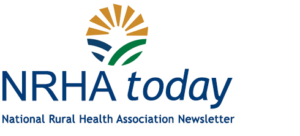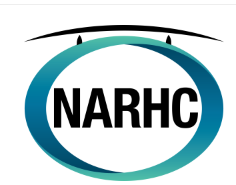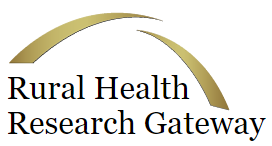May 17, 2024

Cyber Safety for Small, Medium & Large Healthcare Organizations
Electronic Protected Health Information (ePHI) is any information that can be used for identity theft, financial fraud or damage the patient’s reputation.
Data classification is based on understanding where this type of data resides, where it is accessed, and how it is shared.
An organization needs to identify the types of data files and types of records relevant to each category of classification such as sensitive, internal use or public use, which in turn can help your organization decide how it should be protected.
Threats Data Classification Mitigates:
- Ransomware attack
- Loss or theft of equipment or data
- Insider, accidental or malicious data loss
Click Here to download this FREE resource








